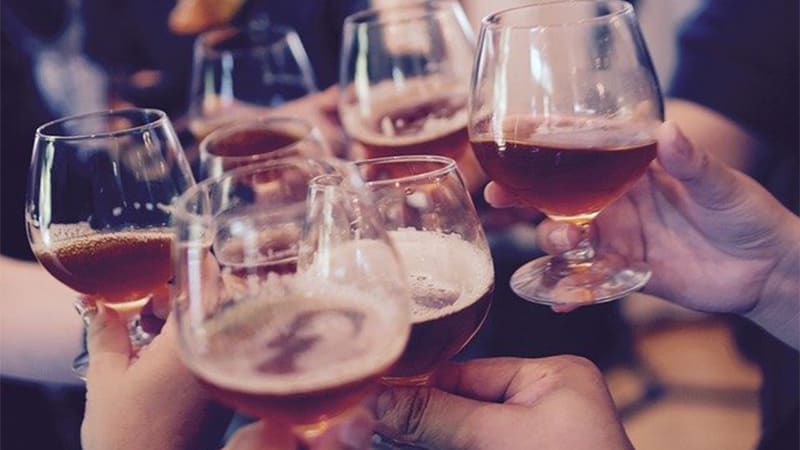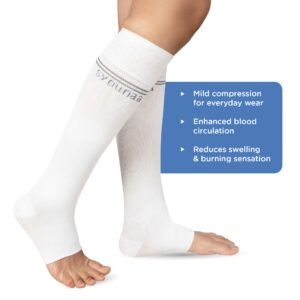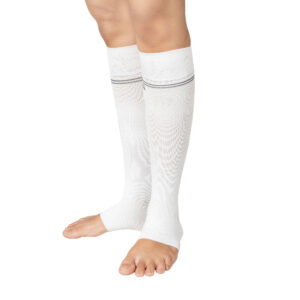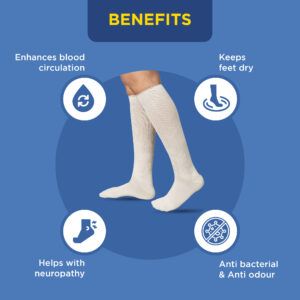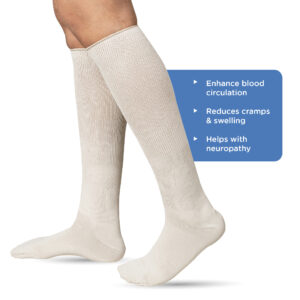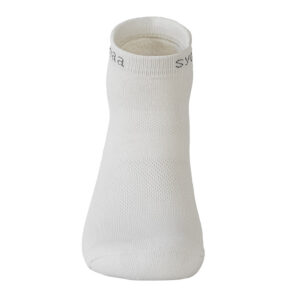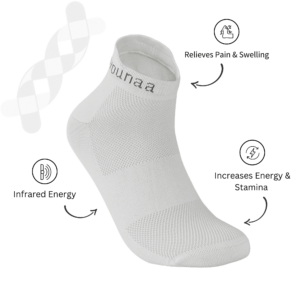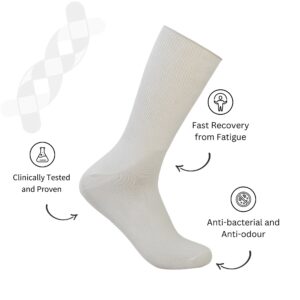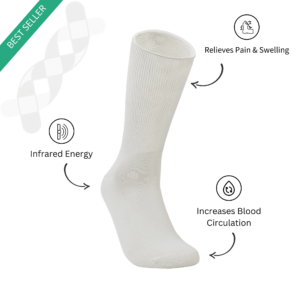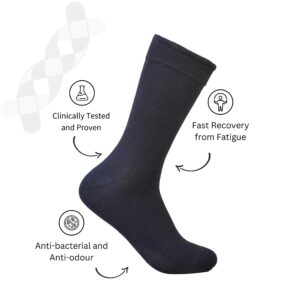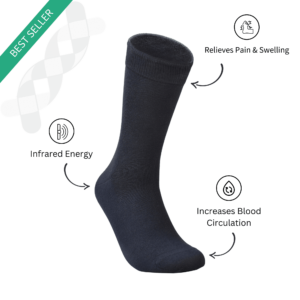Those with diabetes need to think through many things that others can do pretty casually. For instance, while many of us can take an evening off in a bar with our friends and a cool alcoholic beverage, diabetics can’t.
Alcohol paired up with high blood sugar can have severe health hazards especially because it can cause either low blood sugar or high blood sugar. It’s usually very hard to predict which is happening and which action to take.
But why is alcohol so bad for diabetics? Let’s find out!
5 Ways Alcohol Affects Your Diabetes
Alcohol can affect your body in many ways. Here are a few listed below:
1. Alcohol Can Cause Low Blood Sugar
While drinks like beer and sweet wine, can lead to a spike in blood sugar, drinking too much alcohol puts you at the risk of low blood sugar, or, hypoglycaemia hours after you have had alcohol.
Whenever you have a lot of alcohol, the liver gives first priority to digest the alcohol. In this process, it may forget to release insulin, as a result, sugars released from other food products do not get stored into the liver as glycogen.
Hypoglycemia can be a very risky condition that maybe even unsafe if you are outside so make sure to drink within the limit.
Always carry glucagon kits with you and inform your friends what they should do in case you have low blood sugar.
2. Alcohol Prevents Diabetes Medicines To Work Normally
Certain alcoholic beverages interact with your medicines. In most cases, the beverage makes the pancreas overstimulated and produce more insulin than what’s required. This usually over stores the amount of glucose in the blood and also leads to low blood sugar.
3. Causes Weight Gain Around The Belly
Increase in belly fat makes it very difficult to control blood sugar and the high-calorie content in alcohol may be the main reason why you get belly fat.
This is a gradual change and usually happens if you drink too often. With time you will notice that it becomes harder to manage your blood sugar. Drinking alcohol regularly over a stretch of time also puts your body at a greater risk of Diabetic Ketoacidosis or DKA.
4. Alcohol Reduces Judgement
You may set out to only have one drink but as you start to have a nice time with your friends you may not realise that you’ve gone for a few refills. As you start drinking more, your judgement will feel more clouded.
With more alcohol in your system, the likelihood of the above symptoms will increase.
5. Alcohol Affects Your Hunger
Alcohol can make you more hungry which can make you eat more than required. This will increase your calorie intake and blood sugar levels.
Should You Stop Drinking Alcohol?
Remember that with diabetics, moderation is key. So, there’s no rule that states that you shouldn’t drink alcohol at all. In fact, studies show that drinking one glass of wine a day has shown many health benefits. However, there are some things you need to keep in mind when you drink alcohol.
Be Sure To:
1. Drink Slowly
The quicker you drink the alcohol, the faster it gets digested and defused into fats. This increases risks of low blood sugar as the liver will start to work very hard to digest the alcohol.
Instead, if you drink slowly, you will be safer and your body will not be overworked.
2. Portion Is Key
You can have alcohol as long as you can have it within the recommended limit. An average man can have 2 glasses of alcohol and an average woman can have 1 glass of alcohol. However, the amount you can drink depends heavily on your condition and the type of alcohol in question.
It is best to talk to your doctor and get an exact limitation to be safe.
3. Drink Alcohol While Eating Food
The gastric emptying rate is the rate at which the stomach removes its contents into the intestine. When you drink alcohol on an empty stomach it increases the gastric emptying rate which means that the alcohol doesn’t take long to reach the liver.
A small amount of absorption does take place in the stomach and it reduces the pressure on the liver. However, digestion can only take place if it is in the stomach for longer. This is why it is important to drink alcohol while having a meal.
Make sure you have an alcoholic beverage with a meal with proteins and healthy carbohydrates. The carbohydrates will slow down the amount of time taken for the alcohol to reach the stomach.
4. Avoid Sugary Alcoholic Drinks
Ethanol and glucose are processed in the liver. However, when you have alcohol, liver gives first preference to digesting the ethanol. In this process, the sugar is often left forgotten and it freely floats in the blood.
When the glucose is not absorbed into the liver as glycogen is can start to create havoc to the other organs but more importantly, it can lead to high blood sugar.
5. Only Drink Alcohol When Your Sugar Is In Range
This is perhaps the most important thing to keep in mind. If your body is already struggling with high or low blood sugar, alcohol will only add pressure to it.
Make sure to check your blood sugar before drinking alcohol. If it is not in range it would be best to skip the alcoholic beverage. We are sure your friends and family members will understand.
So here are the 5 ways in which alcohol affects your diabetes. If you are responsible you shouldn’t have a problem with one drink a day. However, it is key to choose the right drink and to know when to stop.
How do you manage your diabetes when you drink alcohol? Let us know. We are always eager to know your thoughts.

